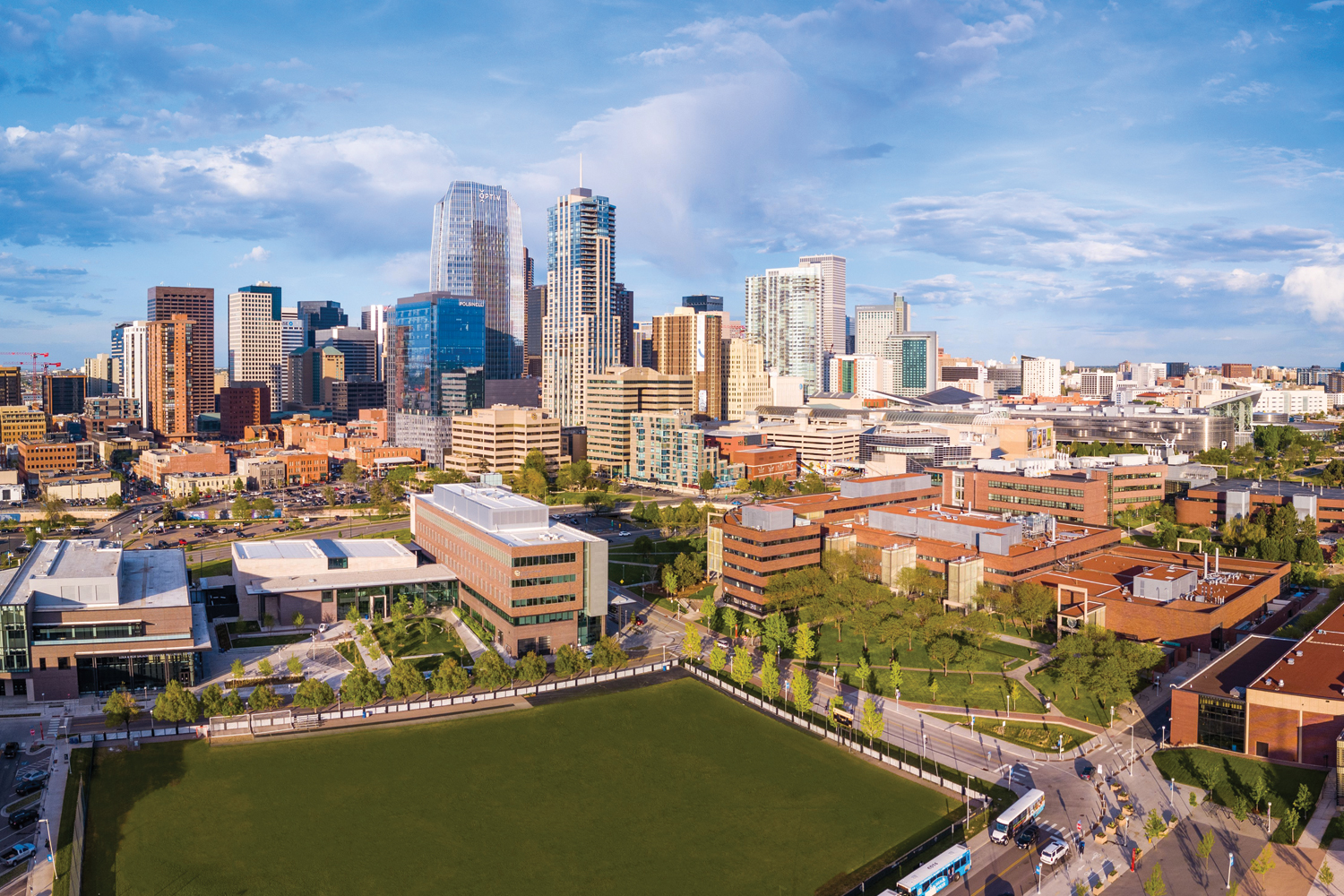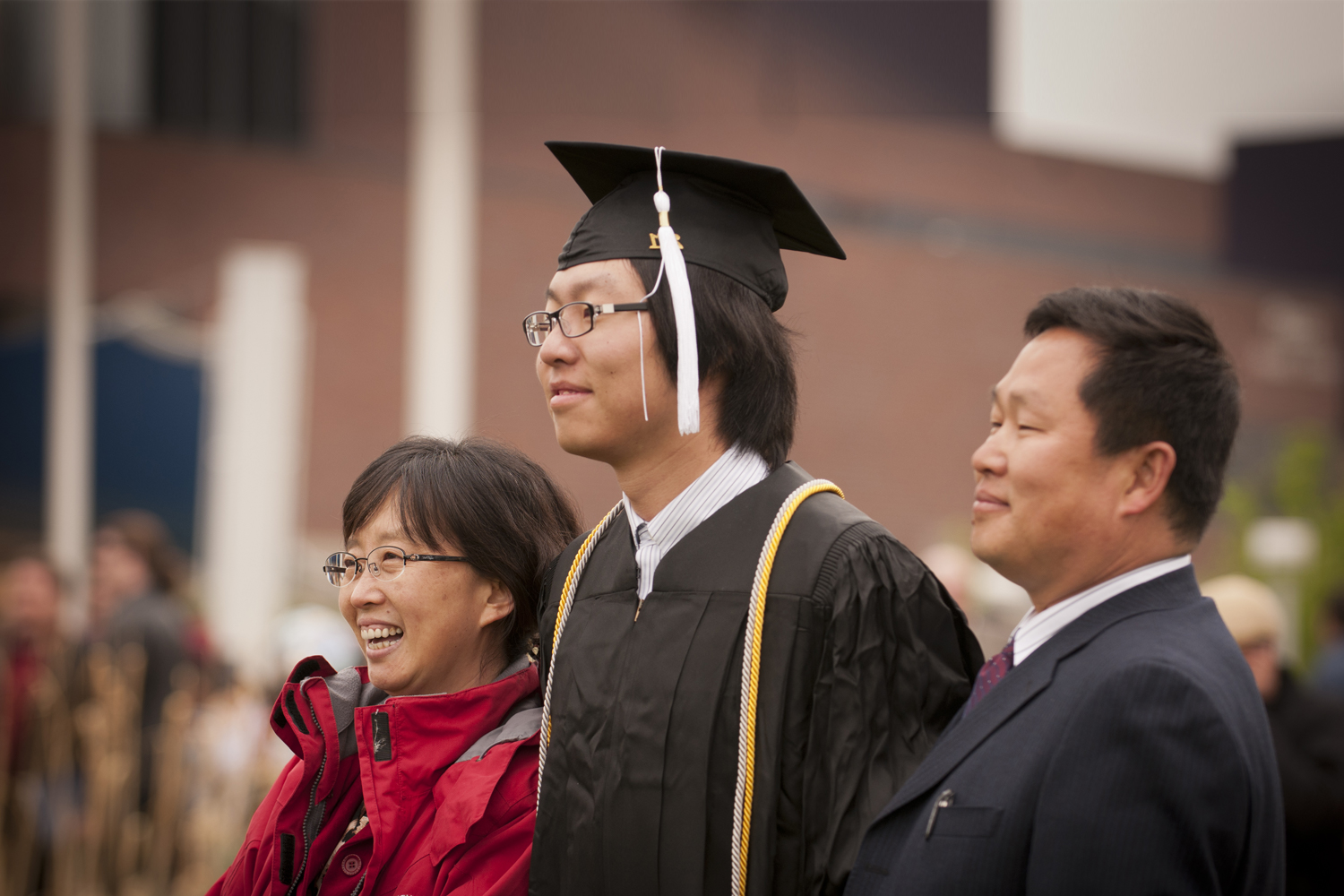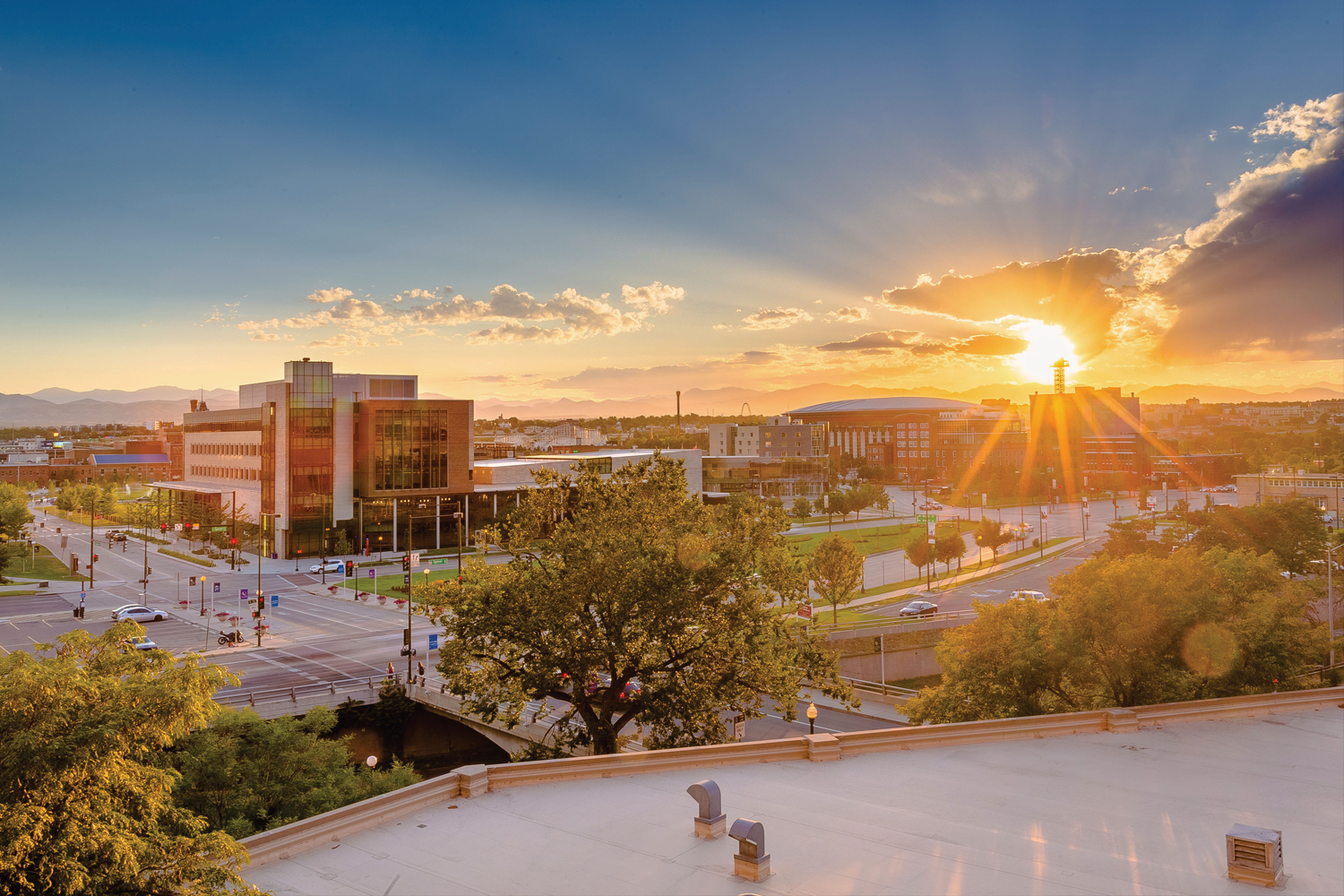A New Experience Every Day : Semester in Beijing
American Student Gains Insight Into Rapidly Changing Country
Nov 27, 2013
“Bonds are forged more or less the same way, with trust, humor, and shared experiences; it is not difficult to make friends here.” –Paul Stahlke on making friends in Beijing
What it is really like to be an American student living and studying in Beijing? The question was posed to Paul Stahlke, a University of Colorado Denver International Studies major and Chinese Studies minor who is currently enrolled in his second Semester in Beijing program. The program, facilitated through the Office of International Affairs and the College of Liberal Arts and Sciences, is conducted at the International College Beijing, which is a joint program between the University of Colorado and the China Agricultural University. Classes are taught in English by CU Denver faculty; Americans take classes right alongside Chinese students.
Stahlke liked the Semester in Beijing program so much that he returned to take second-year Mandarin and upper division international studies courses; he enjoys sharing his interest in China with other American students:
Describe Beijing, and highlight your favorite elements about the bustling capital city:
I love that Beijing is like ten cities in one. Chaoyang is a glitzy New York City feeling district, while Haidian is packed with Universities, and therefore exchange students, cafes, bookstores, and young people. You also have central Beijing where they have kept Tiananmen Square, the Forbidden City, Summer Palace, and the Temple of Heaven all intact. Between all of this is a fantastic subway with more than fifty stops across the whole city, which can range from body-to-body crowded to nearly empty depending on the time of day and which city you are in. There are some massive shopping megaplexes referred to as the Pearl Market and the Silk Market, where you can have any kind of suit hand-tailored for you for the price of renting a suit in the U.S., in addition to shops from any brand or designer you might be looking for. The city has so much depth, with such a large population, that there is a market for almost anything, anywhere.
Describe a Typical day in your life abroad:
I start my day going to the nearby family-owned fruit store for breakfast because they have roasted yams to die for and they are always happy to help with Chinese practice. After class, I’ll meet some friends for an easy and affordable lunch at one of the three different cafeterias on campus. When all my classes are finished for the day I’ll grab dinner somewhere outside of campus-there is Korean barbecue, Sichuan noodles, Japanese Bento Box, Beijing Roasted Duck restaurants all within walking distance. From there, I head back to my apartment where I typically work on my studies for the rest of the evening.
How do you find studying and practicing Mandarin Chinese helps you to better navigate Beijing?
I have been studying Mandarin for over a year, and it makes it massively easier to traverse and reside in the city, whether it’s ordering off menus, negotiating prices, or giving directions to cab drivers. The ICB students here speak fantastic English, but if ever I am trying to converse with someone who is still learning, I can use my Chinese to help illustrate a point and meet them half-way.
Describe your favorite experience thus far during your time in China:
My favorite experience in China has been the trip I took to Chengdu in Sichuan province. I was in awe of the natural beauty of the province, the rapid development of its technological sector, the Panda Research Facility, the Tibetan district, and the ancient Buddhist temples scattered across the landscape.
How do you see your experiences from studying in Beijing enhancing and contributing to your personal goals, as well as your academic and future career goals?
Personally, studying abroad has helped me to become a much more independent individual. Language learning and cultural adjustment have made me no longer shy about making mistakes. It has taught me that every day can be a new experience and an opportunity for growth. On a professional level, I plan on joining the Peace Corps after I graduate. Living in China has given me much insight into what it means to live in a developing country. I have been teaching English through the Migrant Children Foundation, and while that experience has been extremely rewarding personally, it has also been very relevant for my aspirations of cross-cultural contributions in the future.






